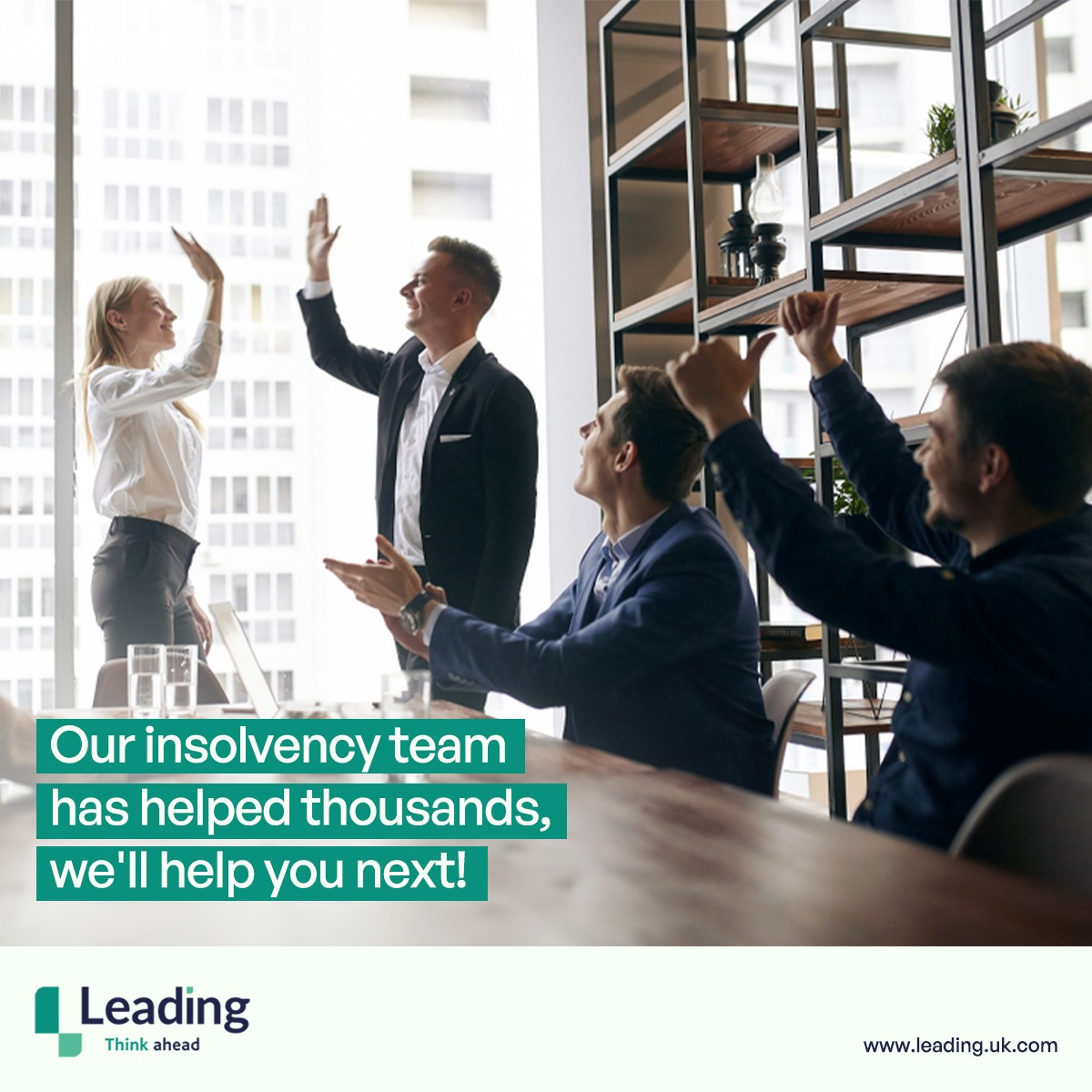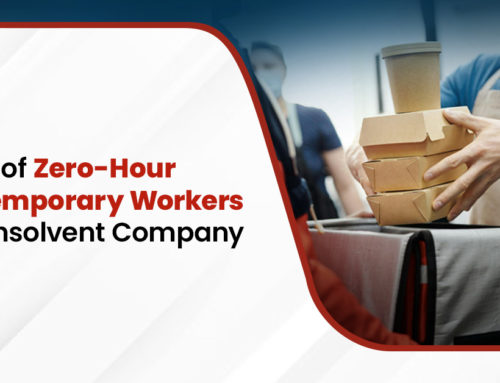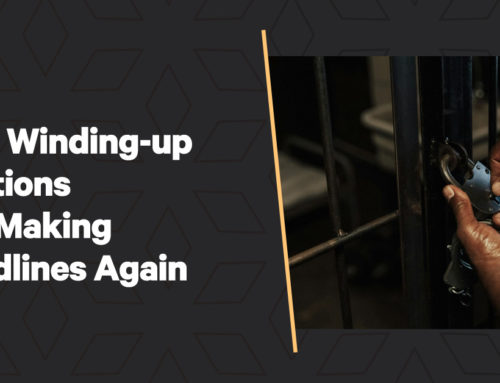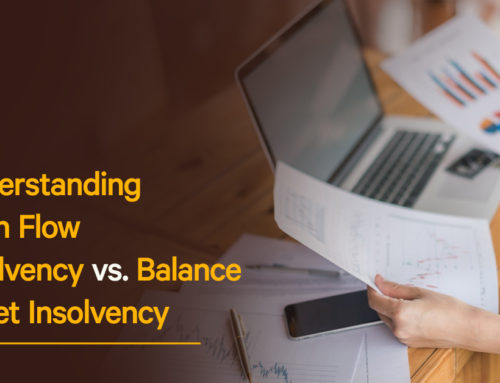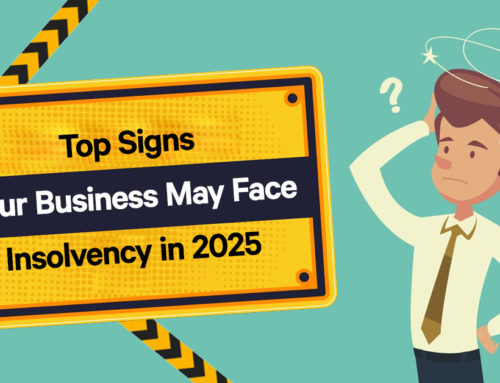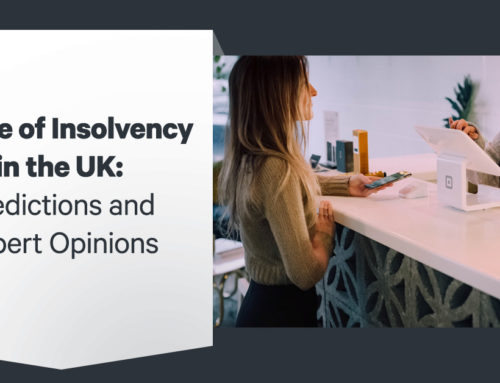When you have debts and creditors are knocking on your door, it’s very tempting to try and make debt management arrangements directly with your creditors. In cases where the debt is quite small, and it’s just one creditor, entering into an informal debt arrangement, if the creditor is agreeable, could be worked out for you. It does save money on dealing with the creditor via an insolvency practitioner. However, whilst it can remain simple, there is a risk for both parties as the agreement is not legally binding.
But if there are multiple creditors and the level of debt is quite extensive, creditors may not be so willing or cooperative and any arrangement you make may not be legally binding. One way of avoiding complications or, indeed, liquidation or bankruptcy, it is better to choose an insolvency practitioner in Norwich who can handle negotiations on your behalf, as well as draw up the formal proposals and agreement.
The risks of an informal company arrangement
An informal company arrangement is between a company and their creditor. Whilst it is a way to manage debt, there are significant risks involved with this type of arrangement.
If your creditor is willing to enter into an informal arrangement (IA) with you and you’ve agreed to make regular, if lower, payments to repay the debt, it’s important you stick to the agreement. However, your creditor does not have to accept the IA and the likelihood they will accept your informal arrangement proposal is often lower than it would be if the proposal was put forward by a licensed insolvency practitioner.
There is an added risk in that your creditor can change their mind about the arrangement; they are not legally obligated to stick to the agreement. IA’s are not legally documented in writing, which means there are no binding contracts. Therefore, your creditor is within their rights to back out of the agreement and petition the court to liquidate your company at any time.
Why a formal company arrangement is a safer option
A formal arrangement proposed by an insolvency practitioner on your behalf, and agreed upon by your creditor, is a much safer option. It puts you in a better position should there be any legal action against you, such as your creditor subsequently petitioning for liquidation.
A top insolvency practitioner in Norwich will be experienced in drawing up favourable terms for both you and your creditor in respect of your formal debt arrangements. They are able to negotiate with your creditor for you, draft the proposal and agree on terms that are mutually beneficial to both of you. The formal proposal that is signed by you and your creditor is a written document that protects you both throughout the arrangement. As long as the payments are maintained on a regular basis, there is usually no need to re-visit the agreement.
Alternative voluntary debt arrangements
Your top insolvency practitioner in Norwich may suggest an alternative voluntary debt arrangement which could be a better option, such as a Company Voluntary Arrangement (CVA).
A CVA is a good alternative to an informal agreement with your creditors. It will protect your company from legal action or undue pressure from creditors that have agreed to the CVA unless the terms of the CVA are breached. Because it is a legally-binding agreement, and as long as the proposal has been agreed upon by all your creditors, you can continue to trade. The insolvency practitioner continues to oversee the CVA, which is usually for a term of 3 to 5 years until it comes to an end. The advantages of a CVA include:
- Stopping pressure from your creditors and HMRC.
- Can stop the threat of a winding up petition.
- Collates money owed to multiple creditors into one monthly payment.
- Costs less than administration or a Scheme of Arrangement.
- Will improve cash flow and allow the company to continue to trade.
Choosing a top insolvency practitioner in Norwich
Firstly, make sure that a top insolvency practitioner in Norwich is licensed and is a member of one of the Recognised Professional Bodies (RPBs) in the UK, which are:
- Insolvency Practitioners Association.
- Institute of Chartered Accountants of England and Wales.
- Institute of Chartered Accountants in Scotland.
- Institute of Chartered Accountants in Ireland.
Only licensed insolvency practitioners are allowed to act in insolvent company and bankruptcy proceedings, including being a liquidator, an administrator or a supervisor of a CVA.
It’s important to ensure during the first conversation with your chosen insolvency practitioner (IP) they have the relevant experience in handling voluntary debt arrangements. Always ask about the fees. Whilst many IPs will offer the first consultation on a no obligation, free of charge basis, they will charge for their ongoing services. They should always be able to provide an estimate of the costs involved but remember, choosing the cheapest option is not always the best course of action. Ultimately, you must trust the IP you choose as you will be working with them for a long period of time.
Key aspects that will help you choose a top insolvency practitioner in Norwich, your company and your circumstances include:
- Good communication – the better the communication between you, your IP and your creditors, the more successful the outcome. The IP has to be able to effectively and clearly converse with company directors, stakeholders, creditors and officials.
- Understand your business – every business is different, such as its processes and procedures. Whilst many debt problems are similar, such as difficulties in paying creditors or HMRC, a good IP will take the time to listen and understand the specific problems of your business.
- Trustworthy – an IP should be open, honest, and act with integrity and transparency. Gaining the trust of all parties involved is key to agreeing on the best voluntary arrangement.
- Experience – the more experience the IP has in a specific sector, the more quickly the matter can be resolved.
- Professionalism – a good IP is approachable and professional. They should be adept at handling sensitive issues, such as accusations of wrongful trading, and be able to resolve any disagreements in a calm manner.
At Leading, our business rescue insolvency practitioners are highly experienced in managing a variety of formal debt arrangements that can help you avoid closing your company.
If you are struggling with corporate or personal debt and unsure what the right route is to deal with your creditors, the first step is to seek professional advice. Our highly experienced professionals at Leading are on hand to help with advice on managing personal and professional insolvency matters. Contact us today and discover how we can help you.

